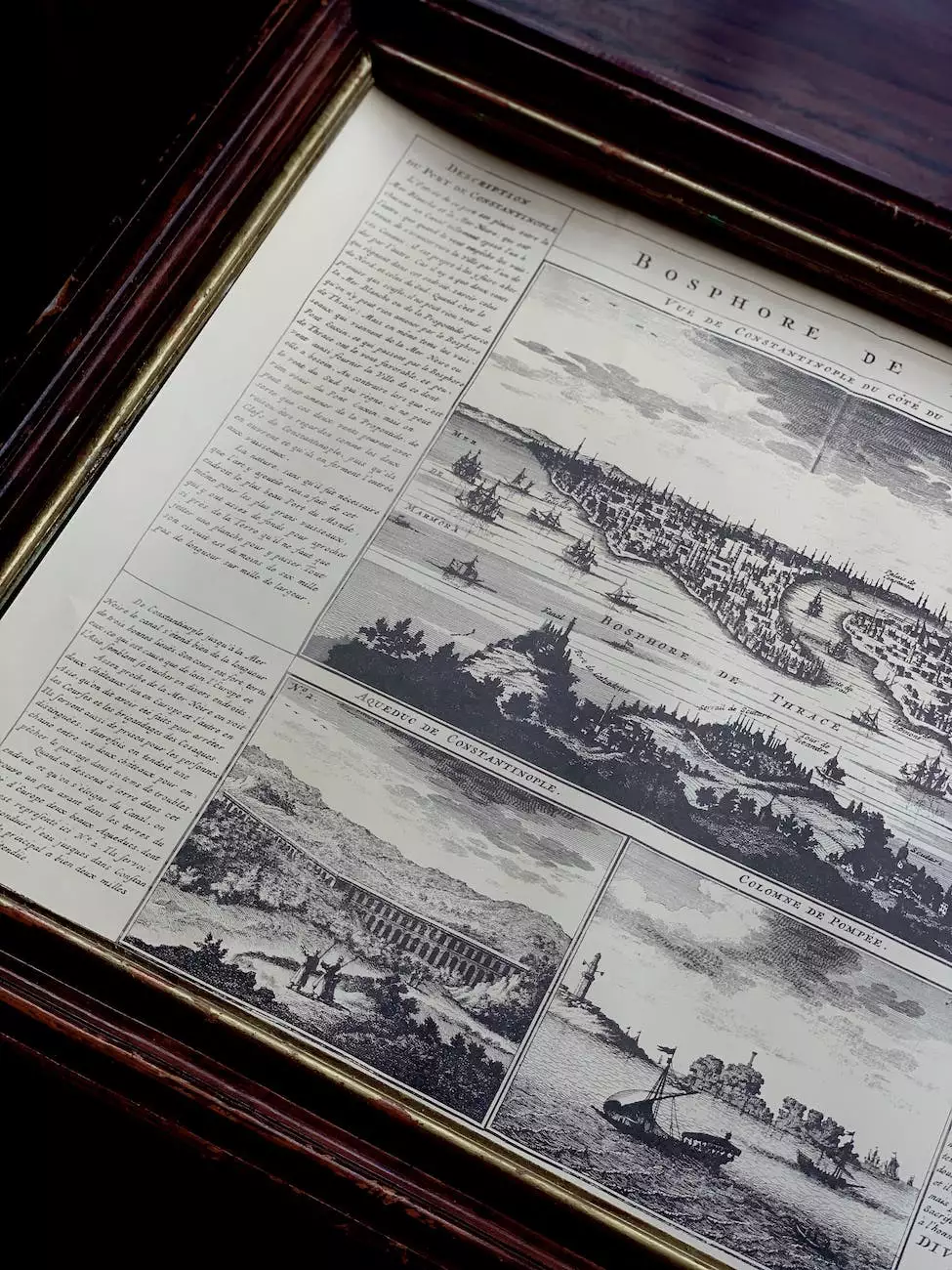One Point English Lesson: Understanding the Difference Between 'In' and 'After'
English Grammar Lessons
Introduction
Welcome to NJCLT's one point English lesson, where we delve into the nuances of language to help you become a fluent and confident English speaker. In this lesson, we explore the contrasting usage of 'in' and 'after' and how they can significantly impact the meaning of a sentence.
Understanding 'In'
'In' is a preposition that indicates being inside a specific time frame or place. It is used when we refer to an event or situation happening within a particular duration, period, or location. Let's take a closer look at some examples:
Example 1: Time
When we say "I will meet you in an hour," it implies that the meeting will happen after an hour from now but within the same day or time frame.
Example 2: Place
If we state "She is in the kitchen," it signifies that the person is currently located inside the kitchen area.
The Significance of 'After'
'After,' on the other hand, is a preposition that indicates something happening subsequent to a particular event, time, or action. It emphasizes the chronological sequence of events. Let's delve into some examples to better understand this:
Example 1: Time
When we say "I will call you after dinner," it implies that the phone call will occur following the completion of the dinner.
Example 2: Event
If we state "He left the office after the meeting," it indicates that the departure happened subsequent to the conclusion of the meeting.
The Key Differences
Now that we've explored the individual meanings and usages of 'in' and 'after,' let's highlight their key differences:
Difference 1: Duration vs. Chronology
'In' primarily focuses on the duration or time frame within which something occurs, whereas 'after' emphasizes the chronological sequence of events.
Difference 2: Specificity
'In' tends to refer to a more specific time, place, or circumstance, while 'after' carries a broader sense of temporal relationship.
Difference 3: Level of Certainty
When using 'in,' there is often a higher certainty that an event or action will take place within the specified time frame or place. Conversely, 'after' suggests more contingency and a potential for variation in the occurrence of events.
Conclusion
Mastering the subtle differences between 'in' and 'after' is essential for effective communication and precise understanding in English. NJCLT's expert tutors are here to provide you with comprehensive explanations and valuable examples to enhance your language skills. Join us today to elevate your English proficiency to new heights!










